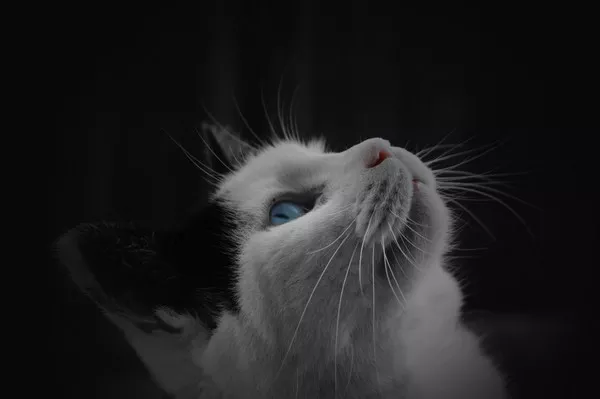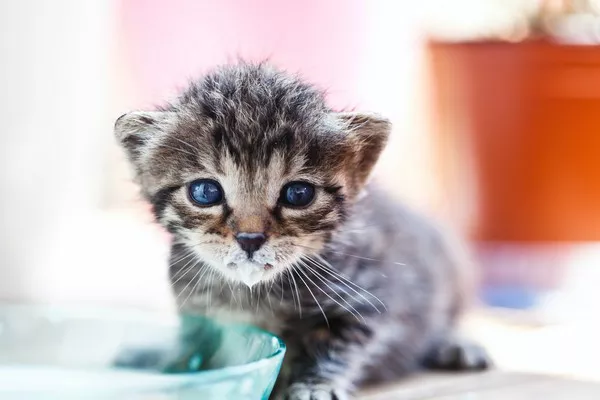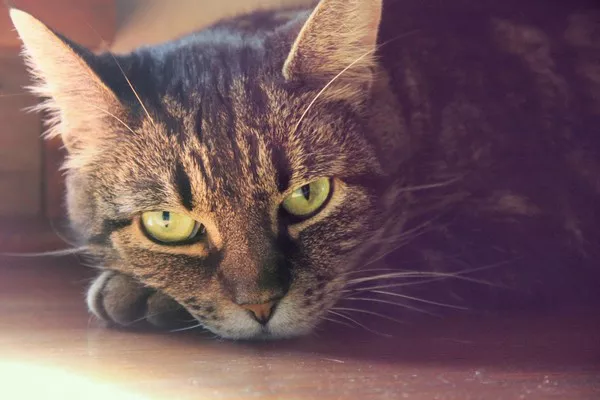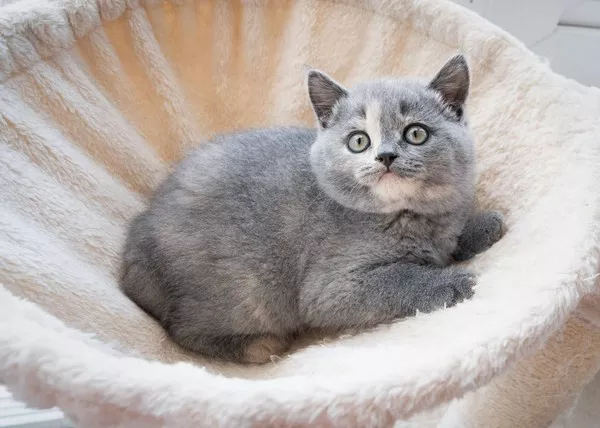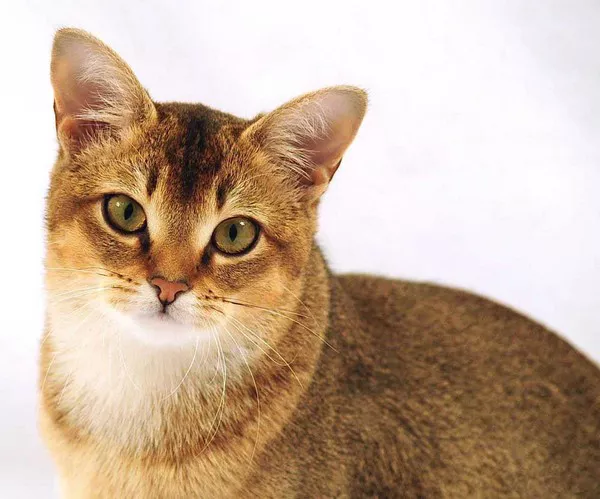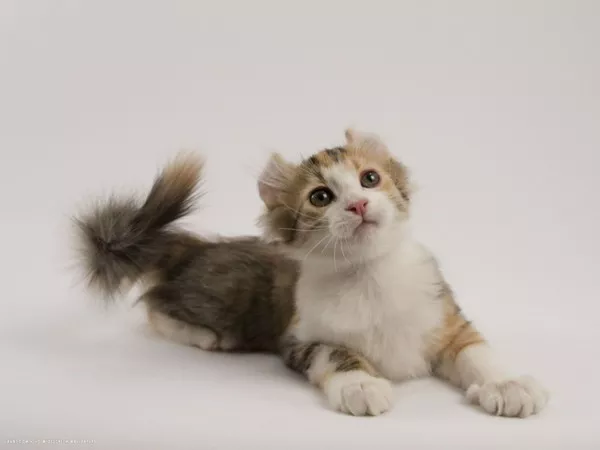British Shorthair cats are beloved for their plush, dense coats and charming, round faces. Like all cats, they shed fur, but the extent and management of shedding can vary. This article delves into how much British Shorthair cats shed, the factors influencing their shedding, and practical tips for managing and caring for their coats.
Shedding in British Shorthair Cats
Overview of British Shorthair Cats
British Shorthair cats are one of the oldest and most popular cat breeds. Known for their robust build, broad chest, and dense, plush coat, they are gentle, easygoing, and make excellent companions. Their coat, a hallmark of the breed, requires specific care to manage shedding effectively.
Understanding Shedding
Shedding is a natural process where cats lose old or damaged hair to make way for new growth. This process is influenced by various factors, including the cat’s breed, health, diet, and environment. For British Shorthair cats, shedding is a normal part of maintaining a healthy coat.
Factors Influencing Shedding in British Shorthair Cats
Genetics
Genetics play a significant role in the shedding patterns of British Shorthair cats. The breed’s thick, double-layered coat is genetically predisposed to regular shedding. While British Shorthairs may not shed as profusely as long-haired breeds, their dense undercoat can still result in noticeable hair loss, particularly during shedding seasons.
Seasonal Changes
Seasonal changes significantly impact shedding. British Shorthair cats typically shed more during spring and fall when they transition between their winter and summer coats. This process, known as “blowing coat,” involves shedding the thicker winter undercoat in spring and the lighter summer coat in fall.
Diet and Nutrition
A cat’s diet directly affects the health of its skin and coat. Nutrient deficiencies can lead to excessive shedding and poor coat quality. A balanced diet rich in essential fatty acids, vitamins, and minerals is crucial for maintaining a healthy coat and minimizing shedding.
Health and Medical Conditions
Certain health conditions can cause excessive shedding in British Shorthair cats. Allergies, skin infections, parasites, and hormonal imbalances can all contribute to abnormal hair loss. Regular veterinary check-ups are essential to identify and address any underlying health issues.
Stress and Environment
Stress and environmental factors can also influence shedding. Changes in routine, new household members, or moving to a new home can stress a cat and lead to increased shedding. Additionally, living in an environment with poor air quality or extreme temperatures can affect coat health.
See Also: When Will My Calico Cat Get Fluffy?
Managing Shedding in British Shorthair Cats
Brushing
Regular brushing is essential for managing shedding in British Shorthair cats. Despite their short coats, they benefit from frequent grooming to remove loose hairs and prevent matting. Using a grooming tool designed for short-haired breeds, such as a rubber brush or a grooming glove, can be effective.
Frequency: Brush your British Shorthair at least two to three times a week. During shedding seasons, daily brushing may be necessary to keep hair loss under control.
Technique: Use gentle, long strokes to reach the undercoat. Pay attention to areas prone to matting, such as behind the ears and under the legs.
Bathing
While British Shorthair cats generally do not require frequent baths, occasional bathing can help manage shedding by removing loose hairs and dander.
Frequency: Bath your cat every few months or as needed, particularly during heavy shedding periods.
Products: Use a cat-specific shampoo that is gentle on the skin and coat. Avoid human shampoos as they can cause skin irritation.
Dietary Considerations
High-Quality Diet
Feeding your British Shorthair a high-quality, balanced diet is crucial for coat health. Look for cat foods that list meat as the first ingredient and contain essential fatty acids like omega-3 and omega-6.
Protein: Ensure the diet is rich in high-quality protein to support healthy hair growth.
Fatty Acids: Include sources of omega-3 and omega-6 fatty acids, such as fish oil, to promote a shiny, healthy coat and reduce shedding.
Supplements
Supplements can be beneficial for cats with specific dietary needs or coat issues. Always consult your veterinarian before adding supplements to your cat’s diet.
Fish Oil: Omega-3 supplements, such as fish oil, can improve coat condition and reduce shedding.
Biotin: Biotin supplements can support skin health and coat quality.
Hydration
Proper hydration is essential for skin and coat health. Ensure your British Shorthair has access to fresh water at all times. Some cats may prefer running water, so consider using a cat water fountain to encourage drinking.
Environmental Factors
Humidity Control
Maintaining proper humidity levels in your home can help reduce shedding. Dry air can cause skin dryness and increased shedding. Using a humidifier can keep the air moist and improve coat health.
Stress Reduction
Minimizing stress is important for controlling shedding. Provide a stable environment and routine for your British Shorthair. Create a safe, quiet space where your cat can retreat and relax. Engage in regular play and provide enrichment activities to reduce stress and anxiety.
Health Monitoring
Regular Veterinary Check-Ups
Routine veterinary visits are crucial for monitoring your cat’s overall health and addressing any shedding-related concerns. Your veterinarian can perform a thorough examination and recommend appropriate treatments or dietary changes if necessary.
Parasite Control
Regular parasite prevention is essential to avoid skin irritation and excessive shedding caused by fleas, ticks, and mites. Consult your veterinarian for the best preventive measures for your cat.
Identifying Health Issues
Be vigilant for signs of health problems that may contribute to excessive shedding. Symptoms such as itching, redness, bald spots, or changes in behavior should be promptly addressed by a veterinarian.
Common Shedding Issues and Solutions
Excessive Shedding
If your British Shorthair is shedding excessively, consider the following steps:
Review Diet: Ensure your cat’s diet is balanced and contains essential nutrients.
Increase Grooming: Brush your cat more frequently to remove loose hairs.
Visit the Vet: Schedule a veterinary appointment to rule out underlying health issues.
Matting
Even short-haired cats like British Shorthairs can develop mats, particularly if shedding is not managed properly.
Regular Brushing: Prevent mats by brushing your cat regularly.
Professional Grooming: For severe matting, seek the assistance of a professional groomer.
Dandruff
Dandruff can be a sign of dry skin, poor diet, or underlying health conditions.
Improve Diet: Ensure your cat’s diet is rich in fatty acids and nutrients.
Hydrate: Provide plenty of fresh water and consider using a humidifier.
Consult a Vet: If dandruff persists, consult your veterinarian for further evaluation and treatment.
Maintaining a Clean Home
Managing Cat Hair
To keep your home clean and minimize the impact of shedding:
Vacuum Regularly: Use a vacuum with a HEPA filter to remove cat hair from carpets, furniture, and floors.
Lint Rollers: Keep lint rollers handy to quickly remove hair from clothing and upholstery.
Air Purifiers: Use air purifiers with HEPA filters to reduce airborne pet hair and dander.
Furniture and Bedding
Wash Bedding: Regularly wash your cat’s bedding to remove hair and dander.
Protect Furniture: Use covers or blankets on furniture to protect against cat hair and make cleaning easier.
Conclusion
Shedding is a natural and healthy process for British Shorthair cats, but it can be managed effectively with proper care and attention. By understanding the factors influencing shedding, implementing regular grooming routines, providing a balanced diet, and addressing environmental and health-related factors, you can ensure your British Shorthair’s coat remains healthy and minimize shedding in your home.
Maintaining a clean and stress-free environment, coupled with regular veterinary care, will help keep your British Shorthair happy, healthy, and looking its best. By following these tips and guidelines, you can enjoy the companionship of your beautiful British Shorthair without being overwhelmed by shedding.




